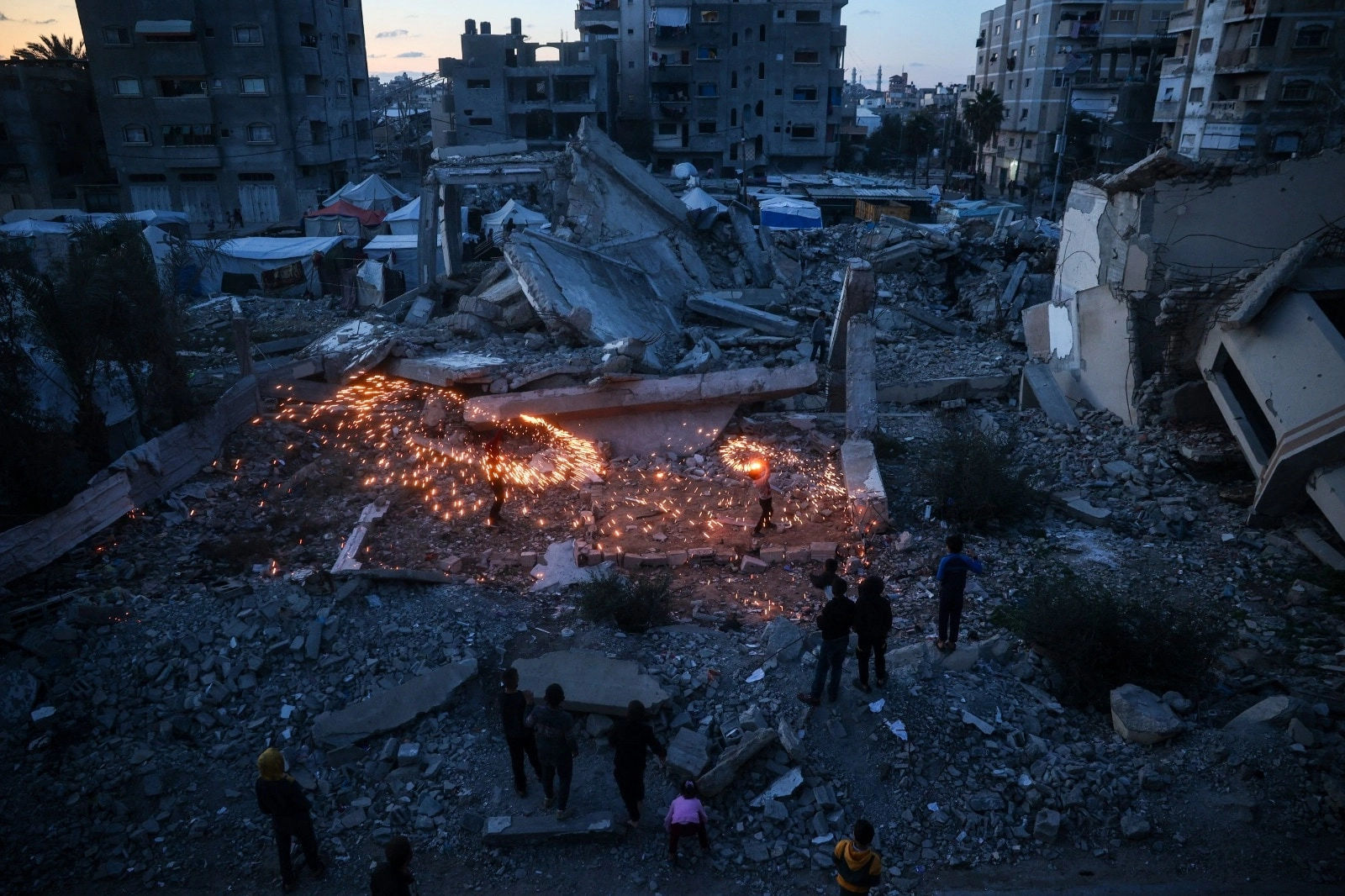In a striking revelation, an NDTV exclusive has brought to light the astonishing disparity in pricing for a basic commodity, specifically an Indian biscuit that is being sold for an exorbitant price of Rs 2,400 in Gaza. This stark contrast highlights the dire humanitarian situation in the region, where economic challenges and supply chain disruptions have led to inflated prices for essential goods. The Rs 5 biscuit, a staple snack in India, has become a symbol of the severe economic strain experienced by the people in Gaza, where access to basic necessities has been severely hampered due to ongoing conflict and blockades.
The high price of the biscuit can be attributed to a combination of factors, including limited availability, increased demand, and the logistical challenges of transporting goods into the region. As local businesses struggle to meet the needs of the population, many consumers are forced to turn to imported goods, which are often marked up significantly due to shipping costs and import tariffs. This scenario paints a grim picture of the living conditions in Gaza, where residents are grappling with soaring inflation and dwindling resources, making even the simplest of pleasures, like enjoying a biscuit, an unattainable luxury for many.
Furthermore, this situation raises important questions about the broader implications of such economic disparities. The exorbitant prices reflect not only the immediate challenges faced by the people in Gaza but also the long-term effects of political instability and military conflict. As international aid struggles to reach those in need, the local population continues to suffer from the consequences of a fractured economy, where basic food items can become commodities only the wealthy can afford. The story of the Rs 5 biscuit selling for Rs 2,400 serves as a poignant reminder of the human cost of conflict and the urgent need for sustainable solutions to alleviate the suffering of those caught in the crossfire.
In conclusion, the exclusive report by NDTV serves as a vital window into the reality faced by many in Gaza. It underscores the importance of addressing the underlying causes of these economic disparities and finding ways to support the local population in reclaiming their access to basic necessities. As the world watches, it is imperative that attention is drawn to the plight of those living in such extreme conditions, and that concerted efforts are made to bring about a resolution that prioritizes human dignity and access to essential resources.




